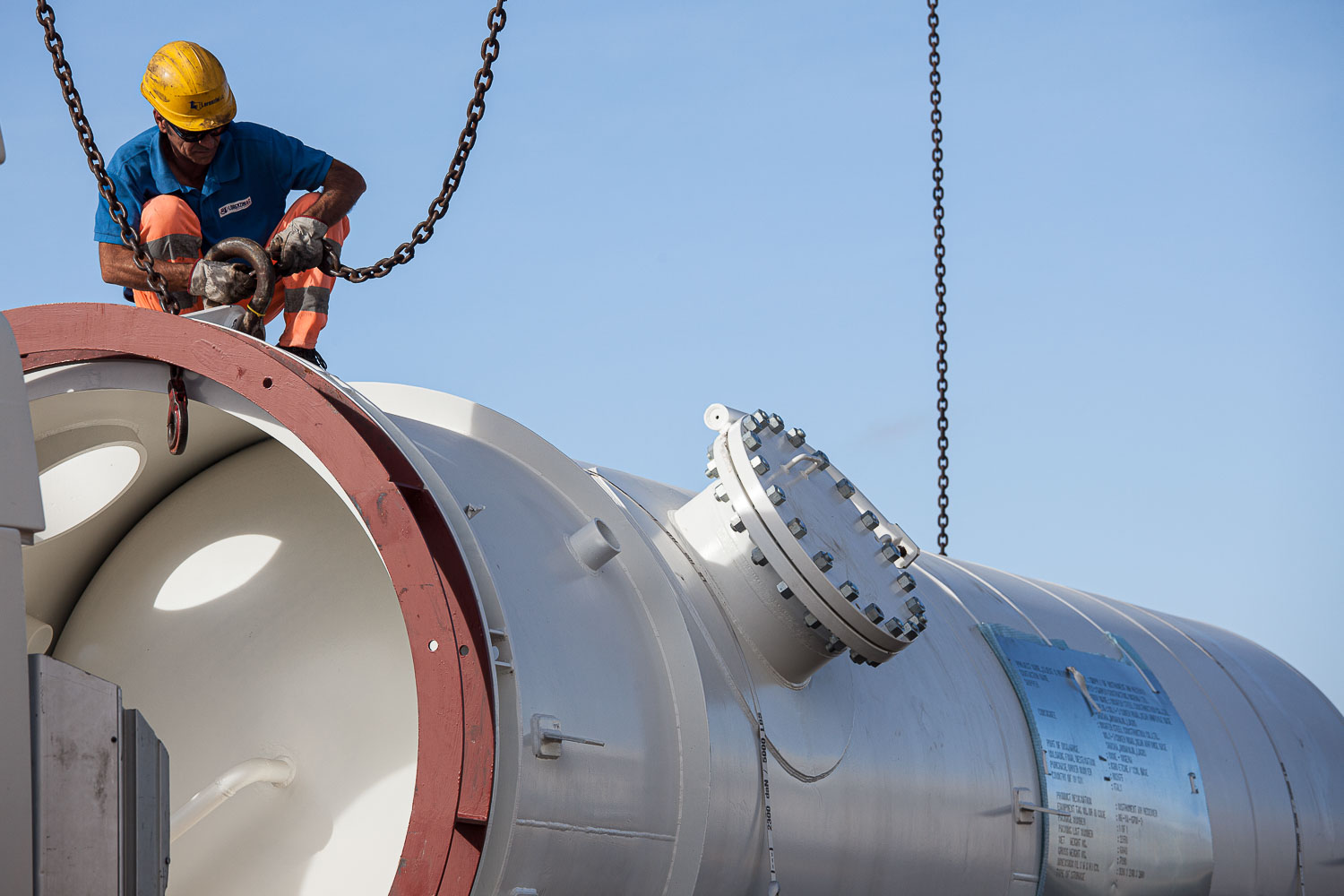In Italy too, the debate on the role of hydrogen in decarbonization has intensified. One aspect that so far has been taken into little consideration is the political one. On one hand, the support of politics will be fundamental for the creation of a hydrogen economy, as it has been for the success of wind and solar energy. On the other hand, hydrogen can create industrial opportunities for some countries (improving competitiveness and therefore geo-economic status) and influence international political dynamics (strongly defined by energy interchange).
The current European political climate is very favorable for developing H2, especially thanks to the response to the economic crisis. The financial instruments adopted for starting the green recovery – Next Generation EU and the Multiannual Financial Framework – have in fact ‘filled’ the European Green Deal with funding. Even prior to the crisis, the case in favor of hydrogen had led to investments and policies to support it. With the crisis, however, this process has seen an unexpected and very important acceleration. On July 8th the EU approved the Hydrogen Strategy and the Energy System Integration Strategy. Some Member States (Germany, Netherlands, Spain, Portugal) have similarly adopted their national plans in 2020. Some of them are investing huge funds in hydrogen: Germany and France stand out with 9 and 7 billion euros respectively.
The EU has decided that at least 30% of the recovery funds (i.e. as much as 540 billion out of 1800) will have to be spent on decarbonization. It is worth remembering two things to understand why this affects the opportunities for hydrogen in Italy: 1.) we are the leading beneficiary country of European recovery funds, with over 200 billion euros; 2.) national spending plans are subject to EU approval. The funds allocated by the EU will therefore constitute an unprecedented opportunity for our country to boost competitiveness, which has been stagnating for decades. In other words, there are finally enough funds to propose a serious industrial policy, which will have to be green.
We must therefore have a coherent vision and spending plans. This is particularly important in the case of hydrogen, where an entire sector chain has to be set up and where there are interconnected investments. We need to increase the production of renewable energy for green hydrogen (and/or invest in CCS or other blue hydrogen technologies), produce and install more electrolysers, convert gas pipelines (and/or build dedicated infrastructure), storage sites, distribution networks and create demand in consumer sectors, adapting equipment in areas from transport to industry. This must be done in a coordinated manner to avoid bottlenecks in value chains. In addition, there will have to be initially subsidies (such as Contracts for Difference) and regulatory interventions such as the definition of minimum hydrogen quotas in certain sectors.
So far Italy has developed a solid leadership in the renewable energy field, as quantified in an IAI study. However, Italy (like the whole EU) has also allowed itself to lose competitive advantage in some RES sectors, especially due to Chinese competition. Thanks to the changing world order and the lessons learned, the EU has adopted a more mercantilistic approach, as demonstrated by the political support to strategies to create a strategic European autonomy – and more specifically to European green industrial champions. There are also practical measures currently being studied, such as a carbon tax at borders and tools to prevent a technological exodus to China.
Italy, already lagging behind other European countries, cannot but take advantage of the opportunities deriving from European funds because it is well-qualified to play a leading role in the European hydrogen economy, as demonstrated by a study by Ambrosetti-SNAM that highlights our comparative advantages in some key (and ancillary) technologies of the future hydrogen supply chain.
Finally, Italy has the opportunity to become a European hub as a gateway for green North African hydrogen, potentially cheaper than European hydrogen (thanks mainly to higher solar irradiation and less variability). This is also because there are already gas pipelines that can be converted for hydrogen transport. Such a scheme would also consent socio-economic development in North Africa and mitigate migration phenomena, as well as setting up a positive interdependence relationship between the two shores of the Mediterranean.
Translation by Giles Foster




